Conferences can be a great place for early childhood educators, families, teachers in training, and researchers working with indigenous young children. They are a place to gather ideas and build professional development for use in the classroom.
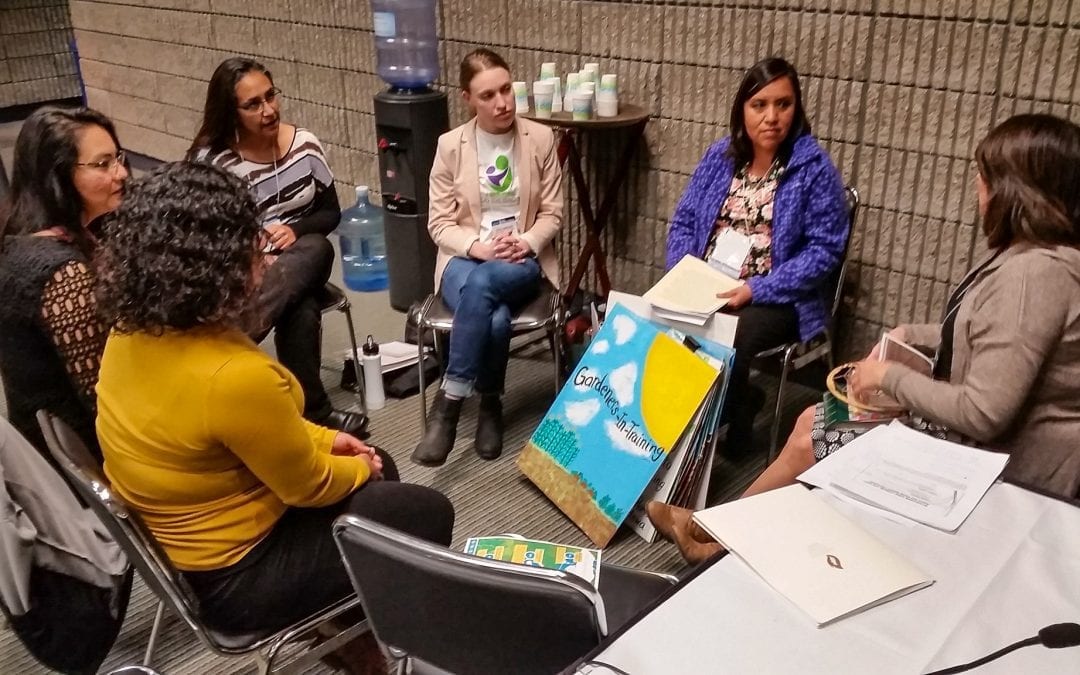

Conferences can be a great place for early childhood educators, families, teachers in training, and researchers working with indigenous young children. They are a place to gather ideas and build professional development for use in the classroom.
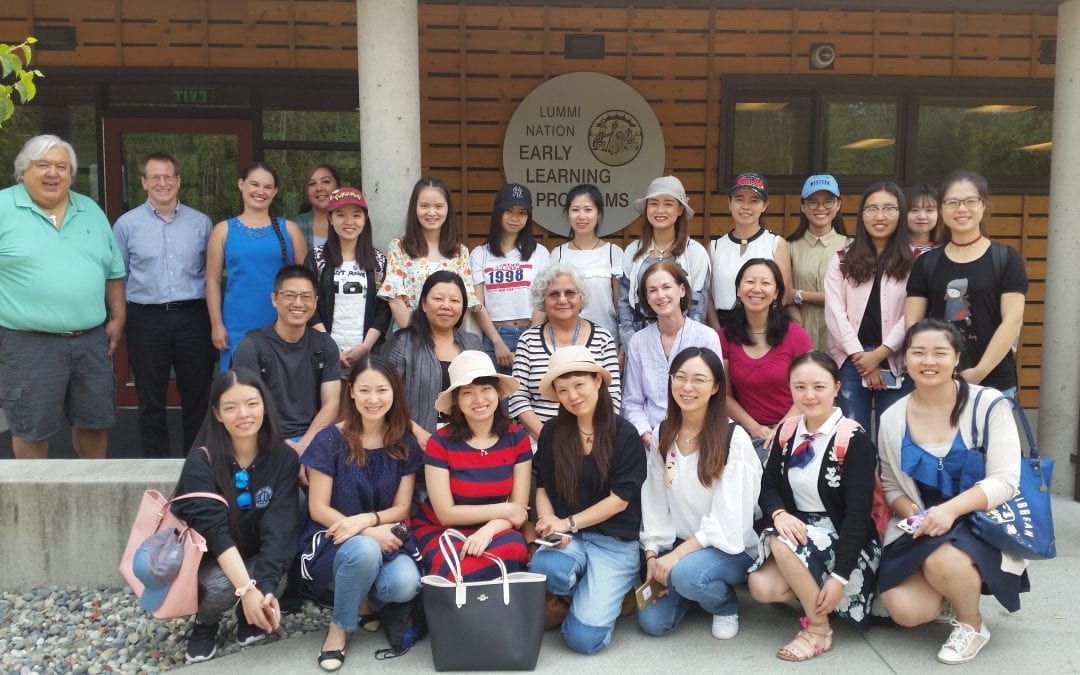
Northwest Indian College’s (NWIC) Early Childhood Education (ECE) degree program and Restorative Teachings Initiative hosted 20 visitors from Southwest University in Chongqing, China, which included ECE faculty and teacher candidates from Southwest University and practicing teachers from their partnering ECE programs.
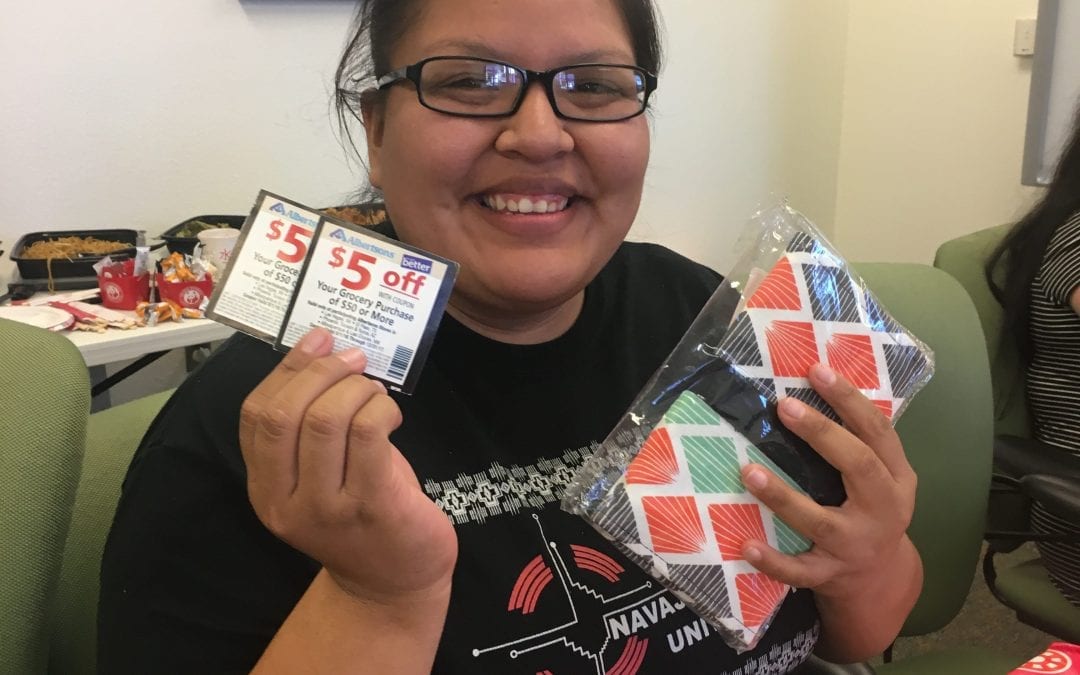
During brainstorming sessions and meetings as part of SIPI’s Restorative Teachings Initiative, parents of children in the program identified couponing as a strategy to support budgeting and financial stability within their families. A major goal of SIPI’s initiative is to support Native families through educational opportunities that build their capacity to become increasingly financially stable
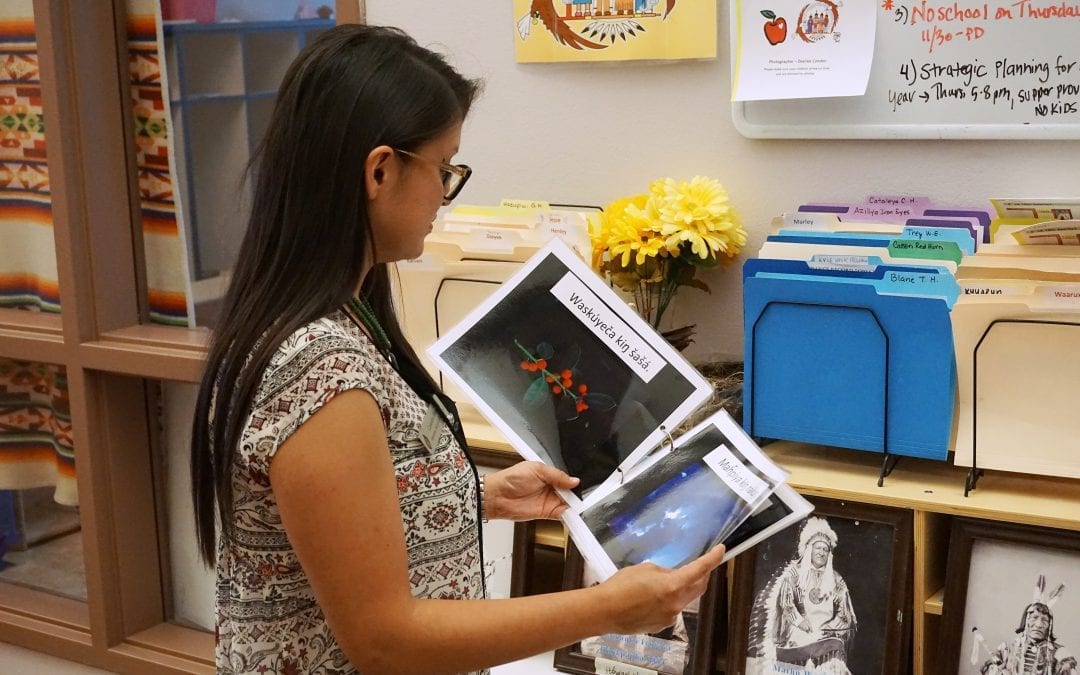
Cassandra Harden (Diné) was focused on a career in early childhood education when she first learned about internship opportunities with the American Indian College Fund (College Fund). While she studied as a student at tribal college Southwestern Indian Polytechnic Institute (SIPI) in Albuquerque, New Mexico. Cassandra got involved in SIPI’s early childhood program, working on the College Fund’s Wakanyeja “Sacred Little Ones” and Ké’ Early Childhood Initiatives, as a student intern.
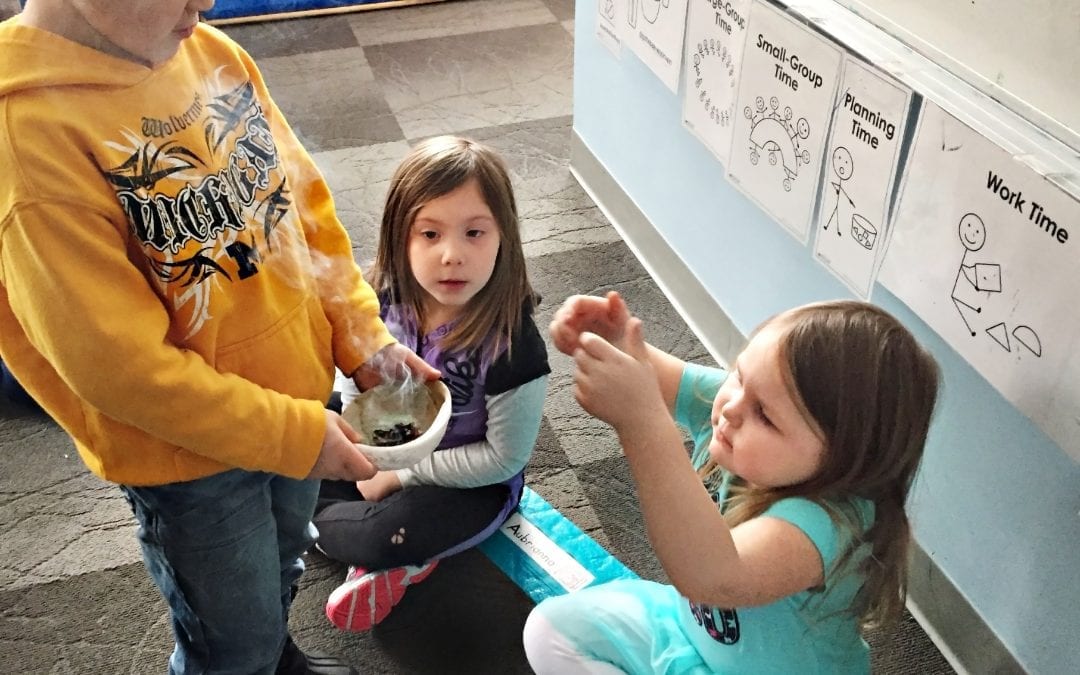
Tribal elders are an integral part of the Restorative Teachings program, serving as an important link from past to future, and Keweenaw Bay Ojibwa Community College’s program is no different (KBOCC). When the tribal elder who serves as the program’s cultural consultant was interviewed for the position, honesty, integrity, and respect emanated from him as he looked at each of the program’s employees in the eyes and told the stories of the Ojibwe past.
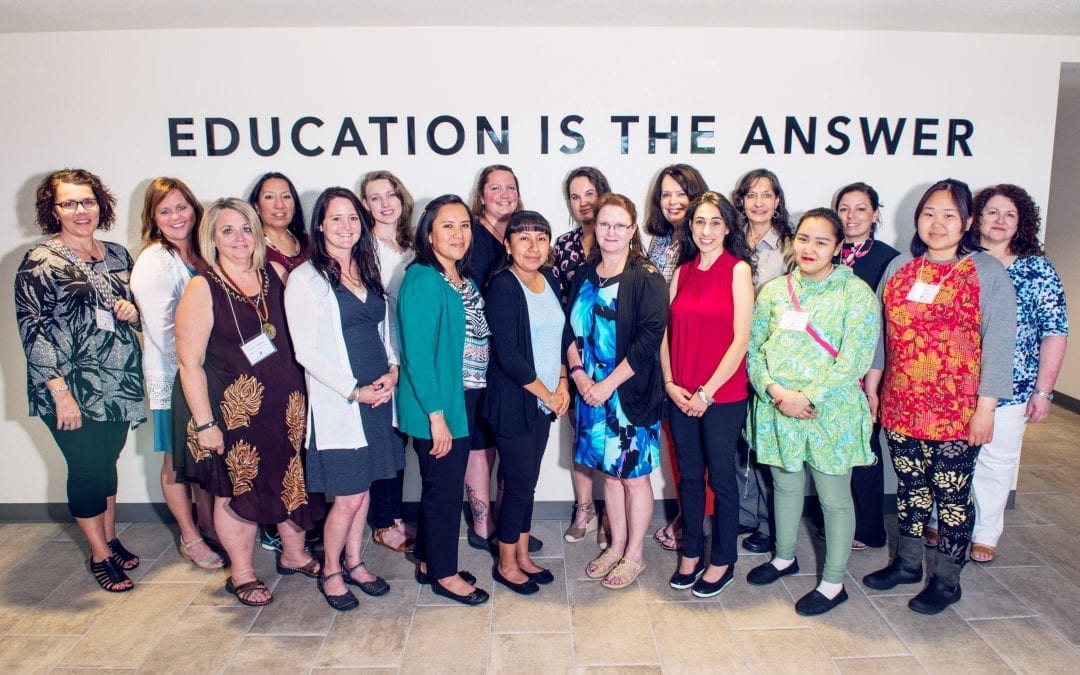
As we do more, we have to train others to take on more. These were the opening words of Tarajean Yazzie-Mintz, Vice President of Program Initiatives and Director of Early Childhood Education Initiatives at the American Indian College Fund’s 2017 Restorative Teachings Early Childhood Education convene in Denver, Colorado.
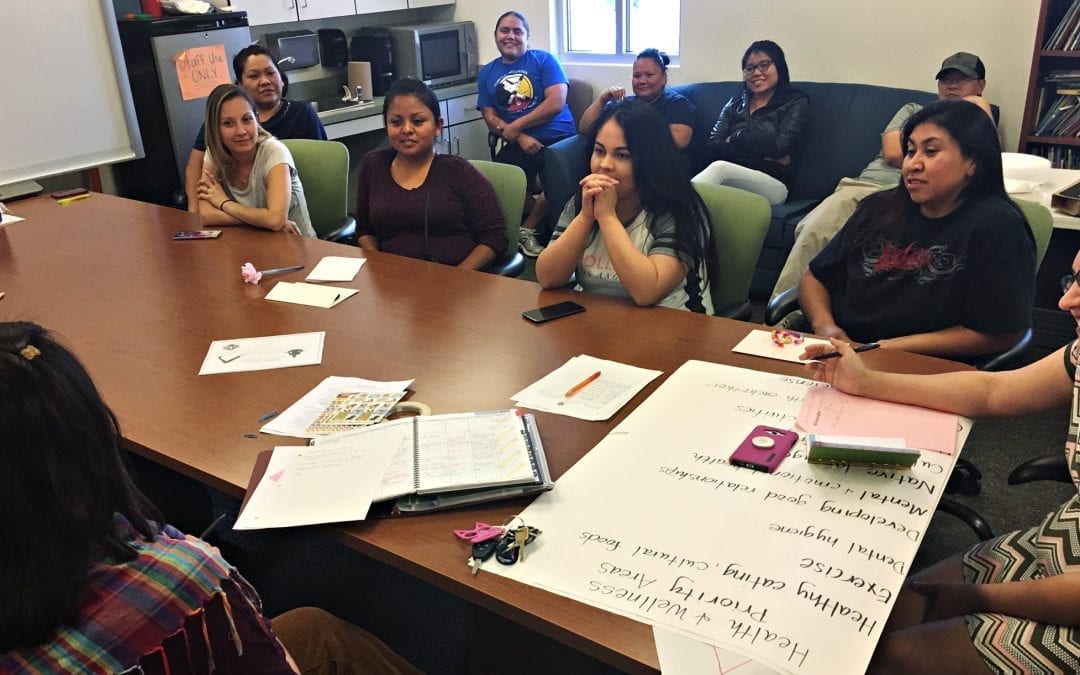
SIPI has worked hard to make sure its Restorative Teachings Initiative is grounded in community needs and parent voices. Parents were empowered through the initiative to ensure that the program is culturally responsive and meets their children’s needs. They have led the way in defining priority areas for learning since the American Indian College Fund’s Restorative Teachings Initiative was awarded to SIPI in 2016.
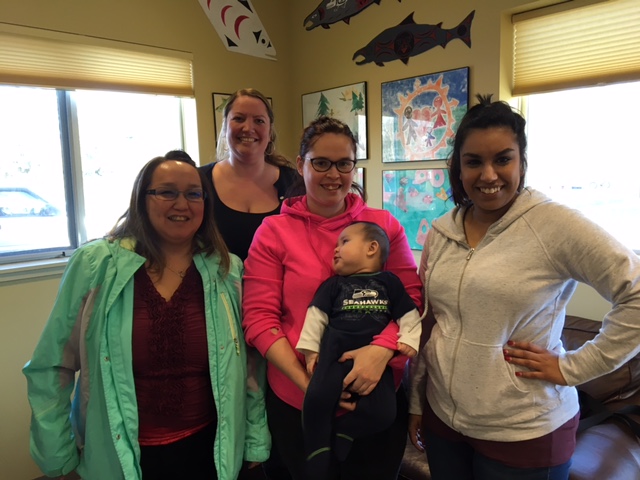
Native youth often face disproportionate challenges in their young lives. Early childhood teachers can help these young learners increase their resiliency while they face adverse circumstances by supporting factors that protect and strengthen young children, according to Ray Soriano, a keynote speaker at the 33rd Annual FOCUS on Children Conference at Bellingham Technical College.
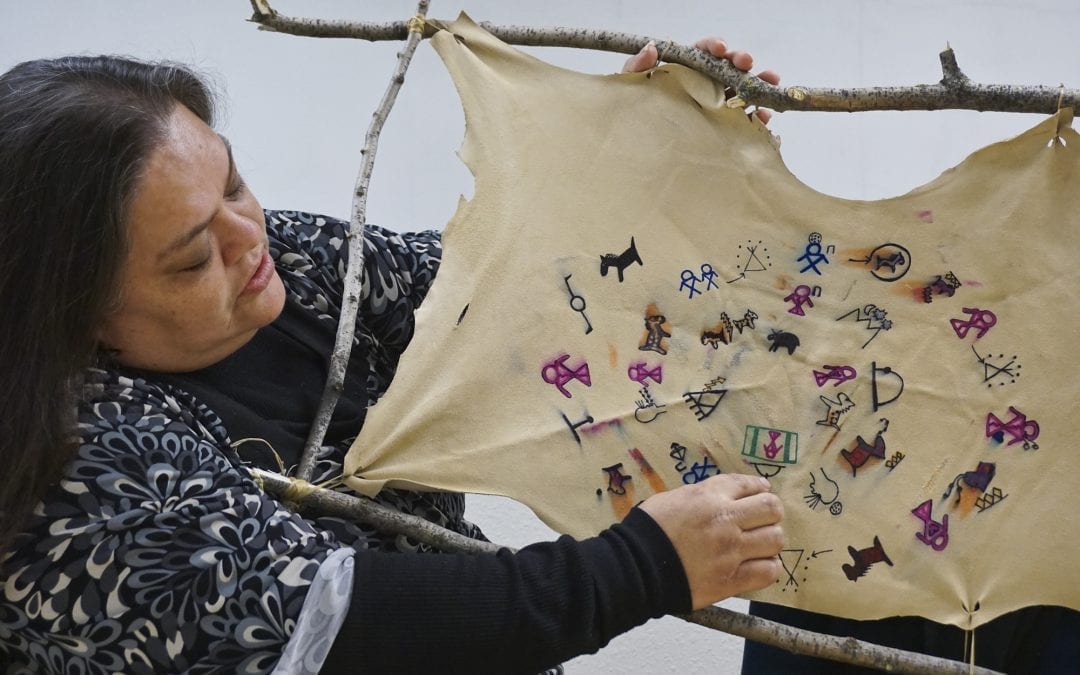
Through storytelling, the Menominee are keeping their tribal language alive. Storytelling is both an art and a necessary method for educating our young early childhood children in the Menominee community. The Menominee have used oral stories to pass down traditions to future generations, such as their local customs, how to live off the forest land, and how to survive in the natural environment in which they live
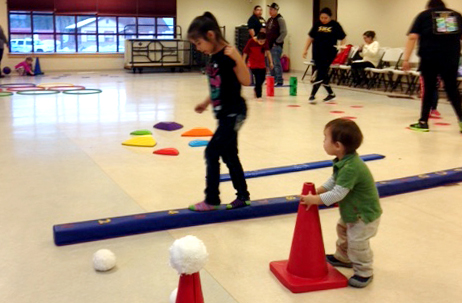
Thanks to a tribal college in Montana, American Indian students with disabilities are benefiting from the enhanced teacher training. Salish Kootenai College (SKC) is designing and delivering professional development to 40 teachers, pre-service teachers, and educational professionals to enhance the health, wellness, and educational opportunities for American Indian (AI) children with and without disabilities and their families.